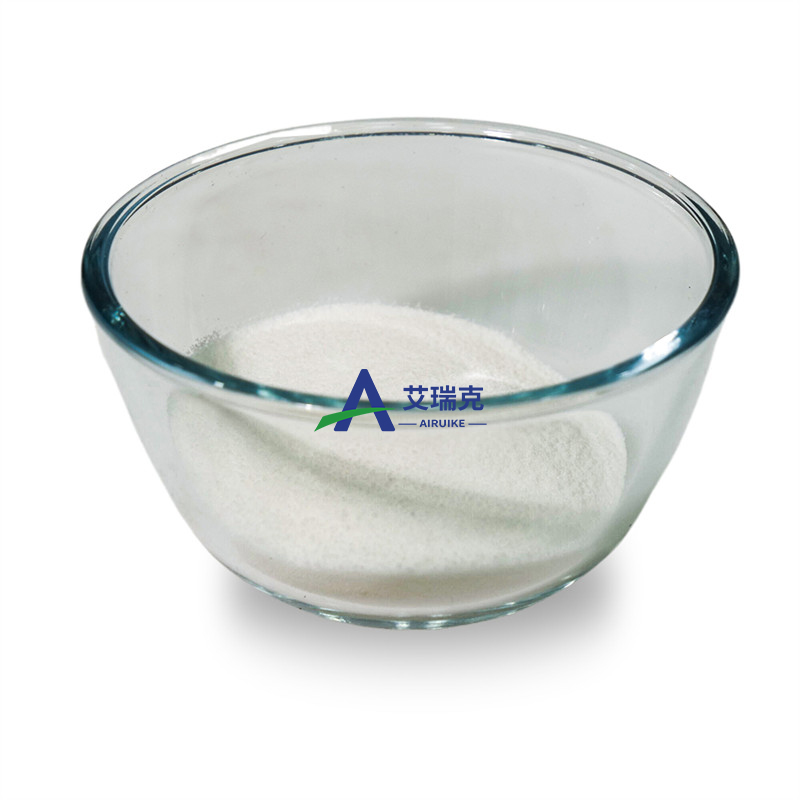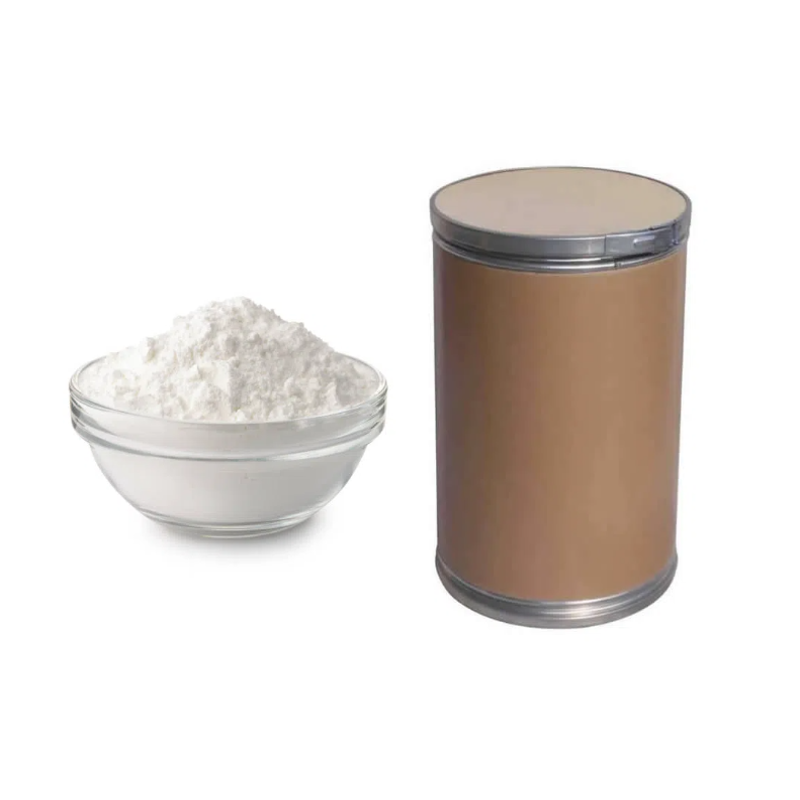-
Categories
-
Pharmaceutical Intermediates
-
Active Pharmaceutical Ingredients
-
Food Additives
- Industrial Coatings
- Agrochemicals
- Dyes and Pigments
- Surfactant
- Flavors and Fragrances
- Chemical Reagents
- Catalyst and Auxiliary
- Natural Products
- Inorganic Chemistry
-
Organic Chemistry
-
Biochemical Engineering
- Analytical Chemistry
-
Cosmetic Ingredient
- Water Treatment Chemical
-
Pharmaceutical Intermediates
Promotion
ECHEMI Mall
Wholesale
Weekly Price
Exhibition
News
-
Trade Service
Introduction The 2022 AACR Annual Meeting will be held online from 4.
8-4.
13 local time
.
As one of the largest cancer research conferences in the world, AACR brings together oncology research and clinical progress from around the world
.
Let's take a look at updated data from a phase II trial of adaptive abiraterone guided by mathematical modeling in metastatic castration-resistant prostate cancer (mCRPC)
.
Background To better control prostate cancer disease progression and delay drug resistance, researchers developed a mathematical model using the Lotka-Volterra equation, which included three prostate cancer "types": T+, Tp, and T-
.
T+-type prostate cancer cells are dependent on exogenous androgen; Tp-type cells express CYP17A1, produce and are dependent on androgen; T-type cells are androgen-independent and resistant to abiraterone
.
We applied this model to guide whether to start or end a treatment cycle with abiraterone in metastatic castration-resistant prostate cancer (mCRPC)
.
The results of the first analysis of data from 11 patients showed that compared with the traditional method using abiraterone, this method can prolong tumor progression time while using less than 50% of the drug (Nat Commun.
2017)
.
At this conference, the data of the Phase IIa study was updated, with a median follow-up time of 5.
8 years
.
Figure 1.
Comparison of TP, T+, T- cells and computer simulation results.
Research method Asymptomatic or mildly symptomatic male patients with mCRPC were treated with abiraterone as the first-line treatment for mCRPC, and the patients were included in the study after the PSA decreased by > 50%
.
The primary endpoint of the study was feasibility, as assessed by the proportion of male patients who remained in response to abiraterone (defined as a >50% decrease in PSA compared to pre-abiraterone) after completing 2 cycles of adaptive therapy
.
Secondary endpoints were differences in radiographic progression-free survival (rPFS) and overall survival (OS) between patients receiving adaptive abiraterone and those receiving continuous doses of abiraterone as standard of care (SOC)
.
The computer simulated each patient's clinical course to estimate key parameters, and then tested alternative strategies for patients in both cohorts
.
Figure 2 PSA curve of 3 patients receiving adaptive abiraterone cyclic treatment Results From June 2015 to January 2019, a total of 17 patients were included in the study
.
Five of the 17 patients completed at least five cycles of adaptive therapy
.
As of April 1, 2022, 4 patients had been treated for more than 52 months without radiographic progression
.
After demonstrating the feasibility of adaptive treatment, the study closed enrollment
.
Subsequently, the researchers retrospectively analyzed the treatment data of 18 patients with mCRPC who received standard treatment with continuous doses of abiraterone
.
Clinical characteristics such as Gleason score and metastatic burden were similar between the two groups
.
The median rPFS (30.
4 months) and median OS (58.
5 months) in the adaptive treatment group were significantly improved compared with those in the SOC group (median rPFS 14.
3 months, median OS 31.
3 months) (P< 0.
001)
.
The mean cumulative dose in the adaptive treatment group was 54% of that in the SOC group
.
Fig.
3 Swimming lanes of the two groups of patientsFig.
4 Kaplan-Meier curves of rPFSFig.
5 Kaplan-Meier curves of OSConclusions The use of adaptive abiraterone therapy in patients who respond to abiraterone as first-line mCRPC feasible
.
Compared with traditional abiraterone therapy, the study data confirmed that patients who received adaptive abiraterone therapy had benefit in OS and rPFS, and the drug dosage was less
.
References: Jingsong Zhang, Joel S.
Brown, Jessica Cunningham et al.
A phase 2a evolutionarily informed, mathematically guided adaptive abiraterone trial in metastatic castrate resistant prostate cancer.
2022 AACR Meeting.
CT159/2.
Editor: LR Reviewer: XY Executive : LR







